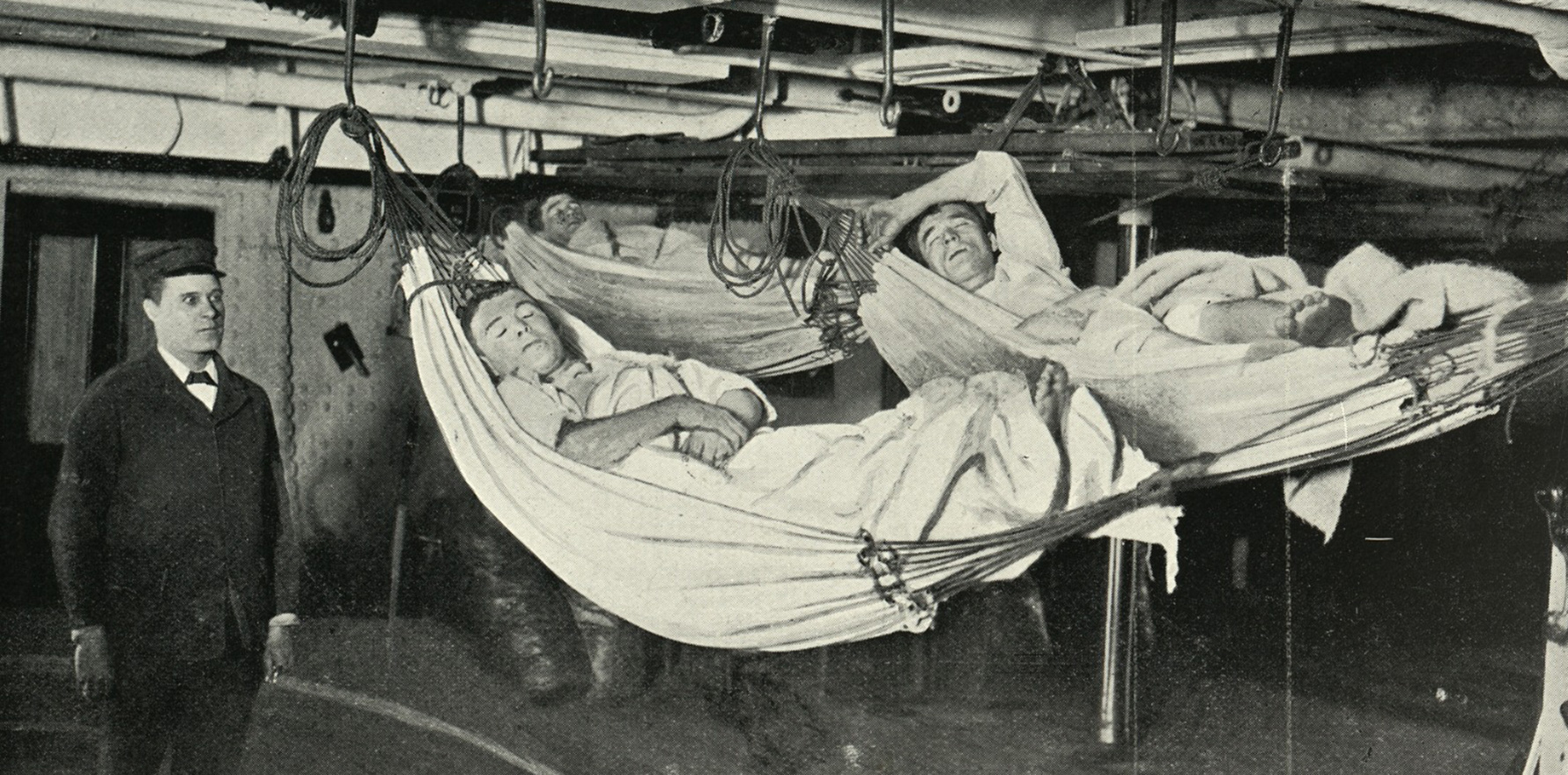And antidepressant withdrawal may be harder after longer use, while depression and loneliness predict future pain.
GLP1-RA drugs don’t seem to trigger adverse psychiatric events and instead appear to improve both physical and emotional wellbeing, a UK systematic review and meta-analysis found.
The analysis of more than 107,000 patients found no significant difference in the risk of serious or non-serious psychiatric adverse events regardless of whether participants were taking GLP-RA medications or placebo.
Commonly reported serious psychiatric side effects were major depression, suicidality and psychosis, and non-serious side effects were anxiety and insomnia.
However, GLP1-RA treatment was associated with statistically significant improvements in eating behaviours, including restrained eating and emotional eating.
Patients also experienced modest improvements across several quality-of-life domains, such as mental health, physical health, diabetes-related and weight-related quality-of-life.
People with obesity and diabetes have poorer psychiatric and cognitive outcomes and lower quality of life compared with those without, the authors said, adding that these findings could reassure clinicians of the psychiatric safety profile of GLP1-RAs.
Meanwhile, other UK research shows long-term users of antidepressants are more likely to get worse withdrawal symptoms, and deal with them for longer.
In fact, patients taking antidepressants for at least two years had 10 times the rate of withdrawal symptoms compared with those taking the medications for less than six months.
The survey of more than 300 primary care patients who had, at some point, tried to cease their antidepressant medication found that 79% had reported one or more withdrawal symptoms. One in three said the symptom or symptoms were moderate and one in seven said they were severe.
Of all the respondents, 38% said withdrawal symptoms prevented them from being able to stop, with the proportion rising to 79% of those who had taken the drugs for two years or more.
“Our findings confirm what many researchers have long suspected, that the likelihood of experiencing withdrawal symptoms when coming off antidepressants is largely determined by duration of use,” lead author and UK psychiatrist Dr Mark Horowitz told media.
“While coming off antidepressants can be easier for people who have only taken them for a short period of time, these drugs are commonly used for a long time. Half of those in the UK who take antidepressants have taken the medication for at least a year, and the majority of US antidepressants users have been taking them for over two years.”
Two in three participants said the drugs had been helpful.
Related
But three in four reported non-emotional withdrawal symptoms such as dizziness, headache, vertigo or nausea, and just under half said they had at least four of these types of symptoms.
Two in three long term users had moderate or severe withdrawal symptoms, compared with one in four short term users. These included non-emotional and emotional symptoms, such as anxiety, agitation, tearfulness and mood swings.
Similarly, one in three long term users said the symptoms persisted for three months or more and one in eight had withdrawal symptoms for a year or more. In contrast, only one in 10 short term users had symptoms for three months or more.
“This is one reason to use antidepressants for no longer than necessary – because doing so may make it harder to stop using them later on,” Dr Horowitz said.
Dr Horowitz and colleagues found no link between withdrawal symptoms and depression or anxiety severity.
Only one in five of the eligible respondents participated in the study, which may have biased the results toward those with worse withdrawal symptoms, the authors said.
In other mental health news, depression has been linked to the onset of physical pain in the following years.
UK researchers surveyed around 7300 adults aged over 50 and found that the half who said they often had moderate-to-severe pain were more likely to have depression symptoms that rapidly worsened in the eight years prior to the onset of the pain, compared with the half who did not report pain.
The gaps were higher among the less educated and less wealthy.
The two decade-long study found that the group without moderate-to-severe pain had depressive symptoms that stayed relatively constant, were less severe and less common.
Whereas the pain group had more severe loneliness scores in the eight years before pain onset than the non-pain group. However, there was little difference in social isolation between the groups.
“Pain and depression are known to be linked, with each exacerbating the other. But we don’t know about the timing of these related conditions,” lead author UK and epidemiologist Dr Mikaela Bloomberg told media.
“Our study shows that depressive symptoms and loneliness worsen long before pain begins. This is important as it suggests the potential for early mental health and social support to reduce or delay later pain.”
Factors such as depression and loneliness could contribute to pain through several mechanisms. By inducing stress, they may increase inflammation, which can lead to pain, Dr Bloomberg said.
“They also may increase sensitivity to pain by changing immune responses and by dysregulating our autonomic nervous system, the network of nerves that control unconscious processes such as the ‘flight or fight’ response,” she said.
“Our findings highlight the importance of approaching pain not just from a biological perspective. Mental health interventions may be important too.”





